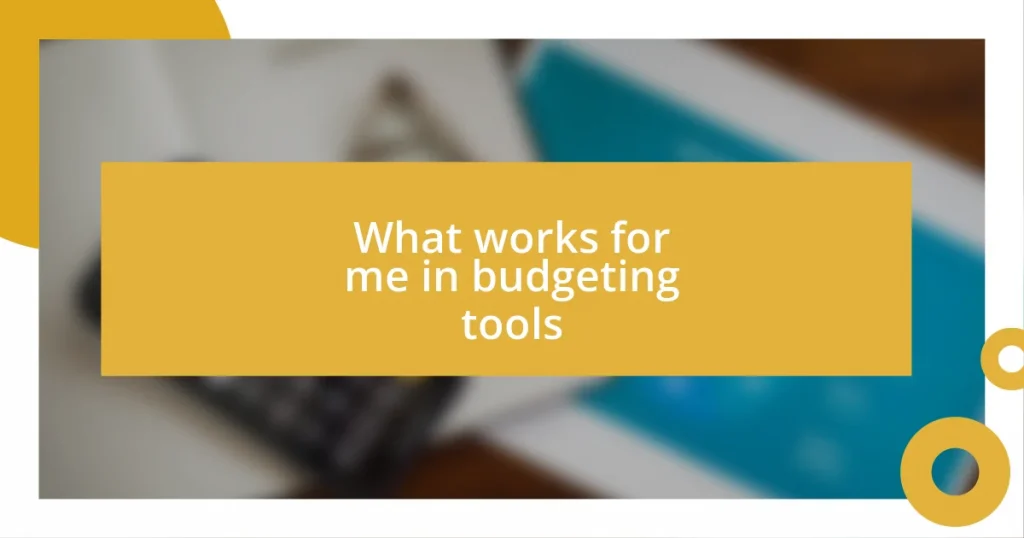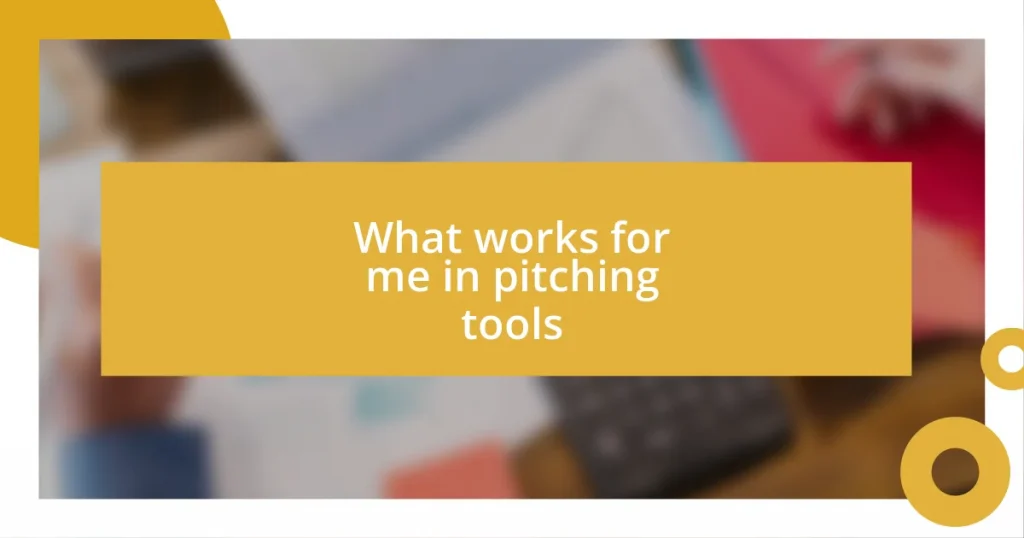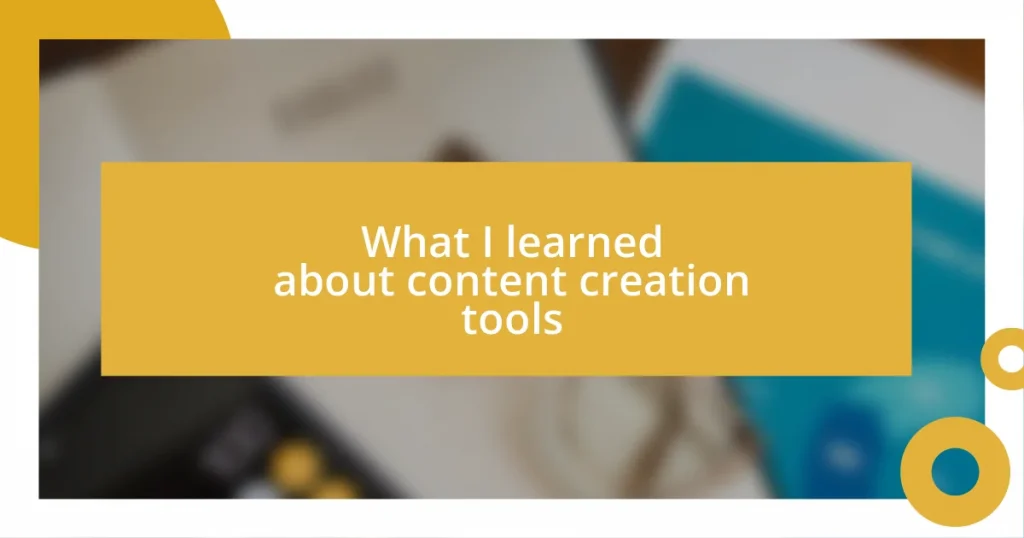Key takeaways:
- Local business grants provide vital funding opportunities without the strings of loans, often requiring a compelling narrative to showcase community impact.
- Types of grants vary, including government, foundation, project-based, and competitive grants, each designed for specific needs and industries.
- Effective grant management hinges on meticulous budgeting, clear communication with teams, and planning for unexpected expenses to maintain financial control.

Understanding local business grants
Local business grants can be a game-changer for entrepreneurs. I remember when I first stumbled upon a grant opportunity meant specifically for small businesses in my area; it felt like a golden ticket. Can you imagine the excitement of finding funding that fits your vision without the strings attached that come with loans?
Understanding the landscape of local business grants means recognizing that they often come from a variety of sources, like government programs, foundations, or even local organizations. The application process can be daunting, but I’ve found that breaking it down into manageable steps makes it feel achievable. Have you ever faced a challenge that seemed overwhelming at first, only to realize you could tackle it piece by piece?
In my experience, the key to successfully securing these grants lies in crafting a compelling narrative about how the funds will impact the community. I vividly recall the moment my proposal clicked into place as I tied in my business goals with a clear benefit to our local economy. What if I hadn’t taken the time to articulate that connection? The outcome could have been entirely different.

Types of local business grants
When exploring types of local business grants, you’ll find they can be categorized in various ways, depending on their target audience and purpose. I remember sifting through lists and discovering grants designated for specific sectors, like technology or retail, which really helped narrow my focus. Each type offers unique advantages, serving different entrepreneurial needs.
Here are some common types of local business grants:
- Government Grants: Often provided by local, state, or federal agencies, these grants can help businesses in specific industries or regions.
- Foundation Grants: Many philanthropic organizations allocate funds to support economic development, especially in underserved communities.
- Project-Based Grants: These are typically focused on financing a specific project that addresses particular community needs or promotes innovation.
- Competitive Grants: Businesses must apply and compete based on merit, often showcasing innovation or community impact to secure funding.
Understanding these categories is crucial. The first time I applied for a project-based grant, my focus was laser-sharp. I dedicated countless hours to ensure my proposal demonstrated not only what I planned to do but also outlined the measurable impact it would have on our local community. That level of detail made all the difference in winning the grant. The thrill of seeing my hard work recognized was an unforgettable affirmation of my efforts.

Finding available local business grants
Finding local business grants requires a bit of detective work. I remember sitting at my desk, coffee in hand, sifting through various websites to uncover opportunities that felt right for my business. Local chambers of commerce often provide invaluable resources, but I also found treasures hidden in social media groups, where entrepreneurs share their triumphs and struggles. Have you ever joined an online community that felt like a gold mine of information? For me, it transformed the grant search from a daunting task into an exciting treasure hunt.
Once I became familiar with the landscape, I realized that networking played a significant role in finding grants. I started attending local business events and workshops, where I met other business owners and discovered leads on grants I would have never found on my own. Often, it’s just one conversation that opens doors. It feels enriching to share knowledge within the community and support each other in pursuit of our dreams. Isn’t it fascinating how collaboration can lead to unexpected opportunities?
To streamline your search, I recommend keeping a running list of potential grants. This way, you can easily compare the deadlines, eligibility requirements, and specific purposes of each grant. I found that a simple Excel sheet kept me organized and motivated. It acts as a visual reminder of what’s possible. You may even find that tracking your progress creates a sense of accountability in your grant search journey.
| Source | Description |
|---|---|
| Local Chambers of Commerce | Often offer resources on available grants and can provide networking opportunities. |
| Social Media Groups | Online communities where entrepreneurs share leads and experiences related to grants. |
| Business Events | Networking opportunities that can lead to discovering lesser-known funding sources. |
| Grant Databases | Comprehensive lists of available grants tailored to specific industries or locations. |

Preparing your grant application
Preparing your grant application requires a mix of focused research and thoughtful planning. When I started drafting my first application, I remember feeling a wave of excitement coupled with nerves—like standing on the edge of a thrilling experience. It’s crucial to understand the specific requirements of each grant, as tailoring your proposal to address them head-on can significantly enhance your chances of approval. Have you ever poured your heart into a project only to realize it didn’t fit the brief? I know I have, and it taught me the importance of aligning my vision with what the grantors are looking for.
As I delved deeper into the grant writing process, I found creating a compelling narrative essential. Sharing my business journey became a powerful tool. I vividly remember recounting my struggles and triumphs, weaving in my passion for the local community. It not only humanized my proposal but also established a connection with the reviewers. They want to invest in people, not just projects. How can your story draw them in? It’s about painting a vivid picture of your business’s potential impact.
Lastly, never underestimate the power of revisions. After submitting my first draft, I felt a mix of pride and apprehension. I learned the hard way that seeking feedback is invaluable—sometimes, a fresh pair of eyes can highlight areas for improvement that I overlooked. I’ve built a small network of fellow entrepreneurs who provide insights and encouragement during this stage. Have you considered reaching out to someone whose opinion you trust? It could make all the difference in presenting a polished, persuasive application that stands out in a competitive landscape.

Tips for a successful application
When it comes to crafting a winning grant application, clarity is key. I remember sitting down with a cup of tea before tackling my first submission, trying to make sense of the guidelines. It felt a bit like deciphering a secret code! Each section demands precision; don’t just tell them what you’ll do—show them how your project will make a difference. Have you ever felt the temptation to embellish? I learned early on that honesty resonate more than extravagant promises.
Additionally, I can’t stress enough the importance of a well-structured budget. The first time I submitted an application, I was clueless about how to present my financials. It almost felt overwhelming, like trying to fit a square peg in a round hole. However, I discovered that breaking down costs into categories and providing clear justifications not only instills confidence in your proposal but also gives the grantors a clear picture of how every dollar will be spent. Have you thought about how this transparency could strengthen your application?
Lastly, timing matters more than you might realize. I’ll never forget the anxiety I felt while rushing to meet a deadline I’d thought was weeks away. It’s crucial to build in extra time for technical glitches or last-minute adjustments. Creating a timeline made a world of difference for me, as it kept me organized and reduced stress. How do you manage your deadlines? Trust me, a little foresight can turn a potential scramble into a seamless process.

Managing grant funds effectively
Managing grant funds effectively is an art unto itself. When I received my first grant, the excitement was palpable, but so was the weight of responsibility. I quickly learned that tracking expenses meticulously was non-negotiable. I developed a simple spreadsheet to monitor where each dollar was going, ensuring that I adhered to the budget specified in my grant application. Have you ever felt the panic of losing track of funds? Establishing a clear overview early on truly saved my sanity.
As I navigated the hurdles of fund management, communication became a cornerstone of my approach. Regular check-ins with my team helped keep everyone aligned and aware of our financial standing. I made it a point to celebrate small victories along the way; each successful allocation gave me a sense of accomplishment. Have you ever noticed how motivation can dip when you’re mired in numbers? Acknowledging our progress kept the momentum flowing, and it made the tedious task of accounting feel more rewarding.
Unexpected expenses can throw anyone for a loop. In my early days, I faced costs I hadn’t anticipated, which meant I had to pivot quickly. I learned to allocate a portion of the grant funds for contingencies, a move that proved invaluable. It’s like having a safety net—knowing that I had a buffer helped reduce anxiety when surprises cropped up. Have you thought about how planning for the unexpected could reshape your grant strategy? Trust me, it makes a world of difference in maintaining control and focus.















